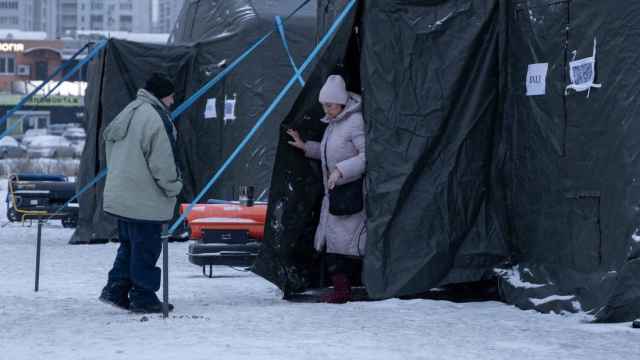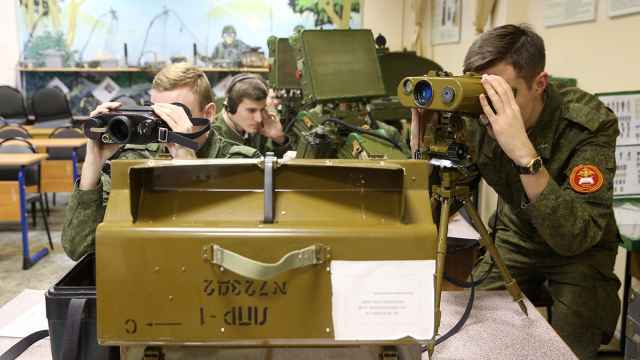Large-scale Soviet nuclear tests, dumping of spent fuel and two scuttled nuclear-powered submarines are a major source of pollution in the Arctic ocean, a Russian research institute has said.
There are 17,000 containers and 19 vessels holding radioactive waste submerged in the Kara Sea, as well as 14 nuclear reactors, said a report passed by Russia to the Norwegian authorities in 2012, according to Bellona, an environmental group that acquired a copy of document.
As the Arctic thaws under the influence of global warming, oceanic currents in the region could strengthen, carrying the radioactive material to other continents, Alexander Shestakov, head of the Global Arctic Program at WWF, or World Wildlife Fund, said.
The sinking of nuclear material and scuttling of ships used to be widespread practice. Of particular worry now is the Soviet nuclear submarine, K-27, scuttled in 1981 in the Kara Sea. The boat, equipped with two nuclear reactors, was filled with bitumen and concrete before being sunk, according to the Russian Nuclear Safety Institute, to ensure that it would lie safely on the ocean floor for 50 years.
That period is nearly up. Last year, speakers at a joint seminar with Bellona and state nuclear company Rosatom warned that a nuclear reaction could occur on the K-27.
"Before that, no-one knew about the danger," Igor Kudrik, a nuclear safety expert at Bellona said.
A Message from The Moscow Times:
Dear readers,
We are facing unprecedented challenges. Russia's Prosecutor General's Office has designated The Moscow Times as an "undesirable" organization, criminalizing our work and putting our staff at risk of prosecution. This follows our earlier unjust labeling as a "foreign agent."
These actions are direct attempts to silence independent journalism in Russia. The authorities claim our work "discredits the decisions of the Russian leadership." We see things differently: we strive to provide accurate, unbiased reporting on Russia.
We, the journalists of The Moscow Times, refuse to be silenced. But to continue our work, we need your help.
Your support, no matter how small, makes a world of difference. If you can, please support us monthly starting from just $2. It's quick to set up, and every contribution makes a significant impact.
By supporting The Moscow Times, you're defending open, independent journalism in the face of repression. Thank you for standing with us.
Remind me later.





